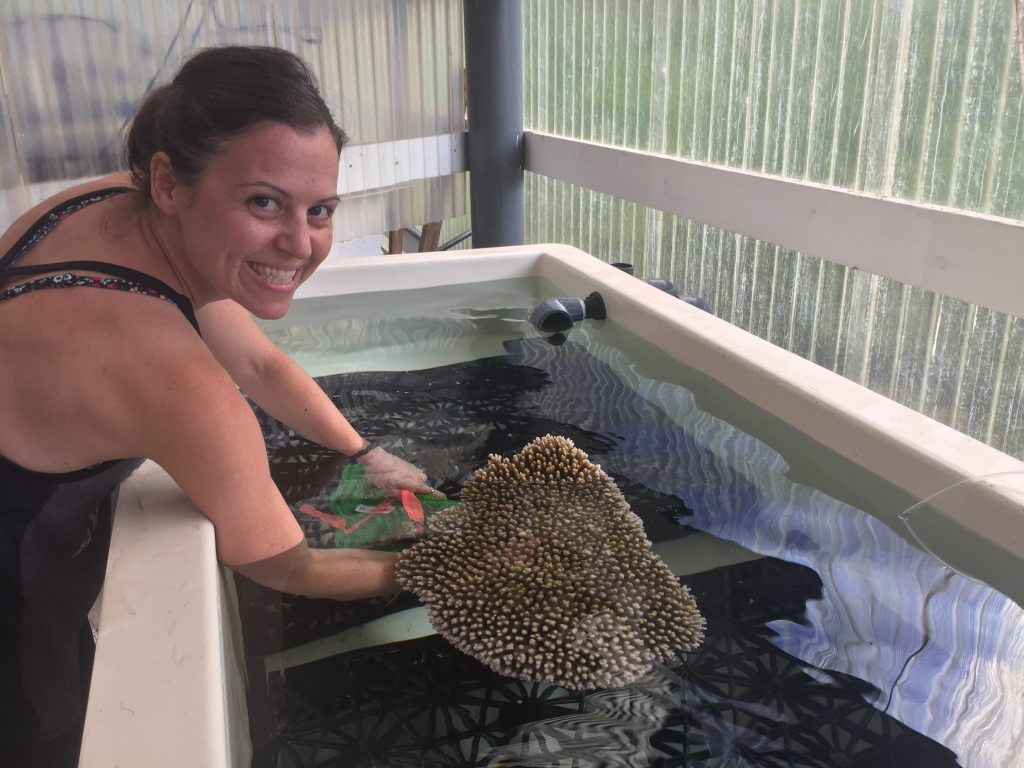Avenues of marine invertebrate acclimatization in response to rapid environmental change
Hollie Putnam
University of Rhode Island, USA
The swiftly changing climate presents a challenge to organismal fitness by creating a mismatch between the current environment and phenotypes adapted in historic conditions. In this context, acclimatory mechanisms may be especially crucial for sessile benthic marine systems, such as reef-building corals and bivalve mollusks, where climate change factors including ocean acidification and increasing temperature elicit strong negative physiological responses like bleaching, disease and mortality. Here, I (i) introduce multi-stressor challenges threatening marine organisms, (ii) outline mechanisms that contribute to the potential for intra- and cross-generational plasticity, (iii) discuss how the complex interplay of maternal and paternal provisioning through setting the embryonic cellular milieu can recapitulate, or provide, stimuli necessary for cross-generational environmental ‘memory’, and (iv) examine the role of metabolic-epigenetic crosstalk to provide the necessary feedback loops for setting and stabilizing epigenetic patterns, resulting in dynamic adaptive response. I conclude by discussing the how the resulting non-genetic heritable phenotypic plasticity may have significant eco-evolutionary implications for sessile marine organism persistence under rapid climate change.









You must be logged in to post a comment.